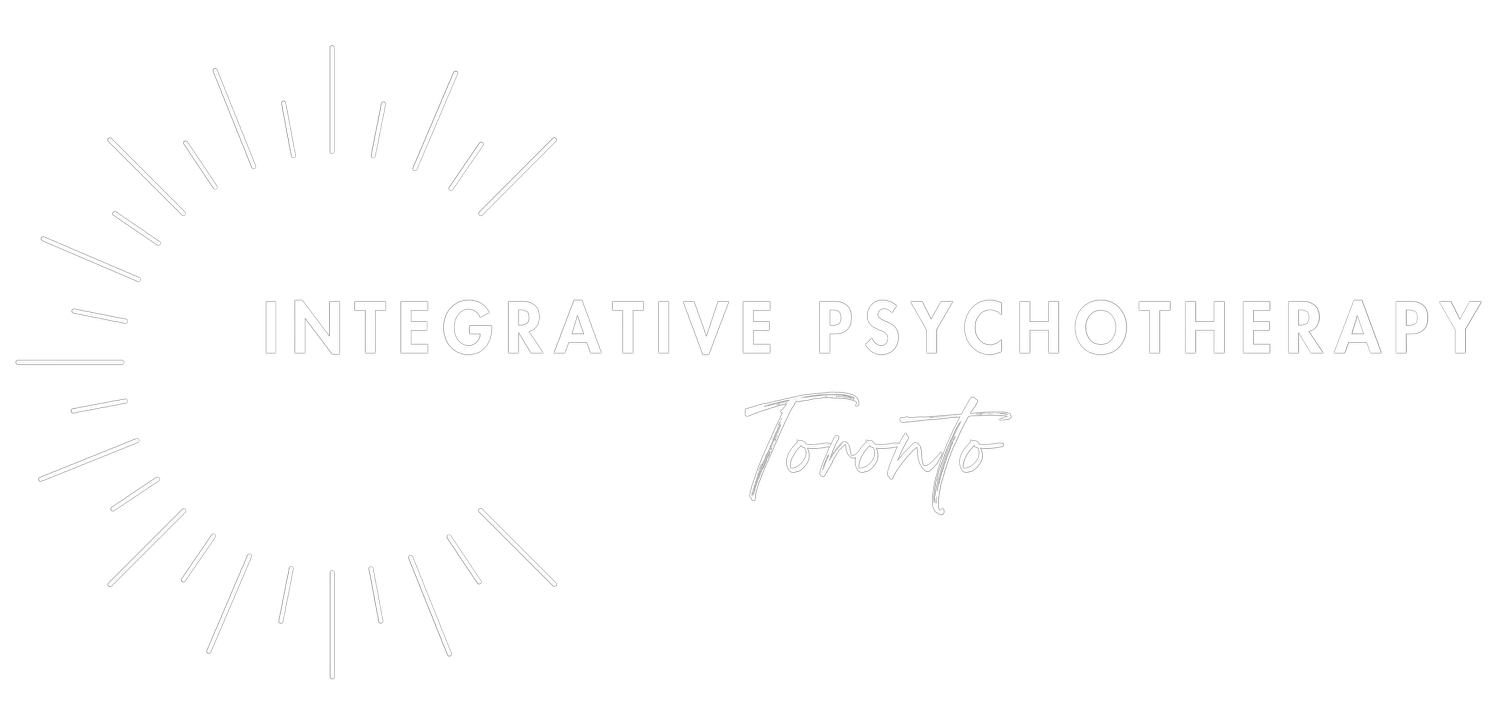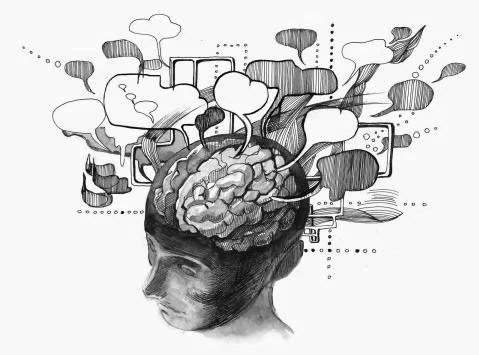Depression can be a debilitating and difficult experience, and there is no one-size-fits-all solution for treating it. It's important to understand that recovery is a process and that the right depression therapy option can help you in your journey. This blog post lists four effective therapy options that can help you achieve lasting relief from the symptoms of depression. We will discuss the benefits of each and how you can determine which one is right for you. If you're struggling with depression, know you don't have to go through it alone, and help is available.
1. Somatic Psychotherapy
Somatic psychotherapy, also known as body-centred therapy, is an innovative approach to treating depression that focuses on the mind-body connection. Unlike traditional talk therapy, which primarily addresses the psychological aspects of depression, somatic psychotherapy recognizes the impact of physical sensations and experiences on mental health.
This therapeutic approach believes that trauma and unresolved emotions can become stored in the body, leading to symptoms of depression. Somatic psychotherapy aims to release these stored emotions through various techniques such as breathwork, movement exercises, and body awareness. By engaging with the body, individuals can access and process the underlying emotions that contribute to their depression.
Somatic psychotherapy can be especially useful in treating depression because it helps individuals develop a deeper understanding of the mind-body connection and cultivates a sense of self-awareness in them. Through this therapeutic process, individuals can gain insights into the physical sensations and emotions that contribute to their depressive symptoms. By bringing awareness to these sensations, individuals can work towards releasing them and fostering emotional healing.
Moreover, somatic psychotherapy provides individuals practical tools to manage and regulate their emotions. Techniques such as breathwork and body awareness exercises can be used as coping strategies to alleviate symptoms of depression.
2. Eye Movement Desensitization and Reprocessing (EMDR)
EMDR is a relatively new but highly effective treatment option for depression. Originally developed to treat individuals with post-traumatic stress disorder (PTSD), EMDR has shown promising results in alleviating symptoms of depression as well.
EMDR involves the therapist guiding the individual through a series of eye movements or other forms of bilateral stimulation while simultaneously focusing on specific distressing memories or thoughts. This procedure aids in reducing the emotional impact of these memories and enables the person to reprocess them in a more adaptive and healthy manner.
The exact mechanism behind EMDR is not fully understood, but it is believed to mimic the rapid eye movement that occurs during Rapid eye movement (REM) sleep. This bilateral stimulation facilitates the brain's natural processing of traumatic experiences, allowing for resolution and healing.
Research has shown that EMDR can significantly reduce symptoms of depression, including low mood, feelings of hopelessness, and loss of interest in activities. It can also help individuals gain insight into their negative thought patterns and develop healthier coping mechanisms. EMDR is typically conducted over multiple sessions, and the number of sessions needed varies depending on the individual and their specific needs.
3. Internal family systems Therapy (IFS)
Internal Family Systems (IFS) is a widely recognized and highly effective form of therapy for individuals struggling with depression. IFS focuses on identifying and changing the internal architecture of the mind that is contributing to depressive symptoms.
During IFS sessions, individuals work with a trained therapist to explore how their internal system is structured or patterned. As you and your therapist get to know your internal landscape and how different parts of your mind and body relate to the experience of depression, you can work to process through and release these patterns.
One of the key components of IFS is learning how to recognize and work with the different parts of ourselves that contribute to depression. This may involve specific exercises and strategies to support those parts, or it may involve using other therapies, such as EMDR or Somatic therapy, to help parts process the memories or experiences that led them to be stuck in unhelpful patterns.
4. Traditional Talk Therapy
Traditional talk therapy, also known as psychotherapy or counselling, is a widely used and effective treatment option for individuals struggling with depression. This form of therapy focuses on providing a safe and non-judgmental space for individuals to express their thoughts and emotions openly.
During traditional talk therapy sessions, a trained therapist or counsellor will listen attentively to the individual's concerns, challenges, and experiences. They will provide guidance, support, and constructive feedback, helping individuals gain insights into their emotions and behaviours.
One of the key benefits of traditional talk therapy is its flexibility. It can be tailored to meet each individual's specific needs and goals. Whether exploring past traumas, managing stressors, or improving coping mechanisms, talk therapy provides a comprehensive approach to addressing depression.
Additionally, traditional talk therapy helps individuals develop healthy communication skills and coping strategies. By talking through their feelings and experiences, individuals can gain a deeper understanding of themselves, their triggers, and the root causes of their depression.
It's important to note that traditional talk therapy may involve short-term or long-term treatment depending on the severity and duration of the individual's depression. Regular sessions with a therapist or counsellor provide a consistent support system, which can greatly assist the individual's recovery journey.
Conclusion
If you are seeking effective depression therapy options, look no further than Integrative Psychotherapy. With a team of highly trained therapists who specialize in various treatment modalities, we can cater to all your therapy needs. Contact us today to embark on your path to recovery and regain control over your mental well-being. Let us be the trusted partners in your healing journey.







